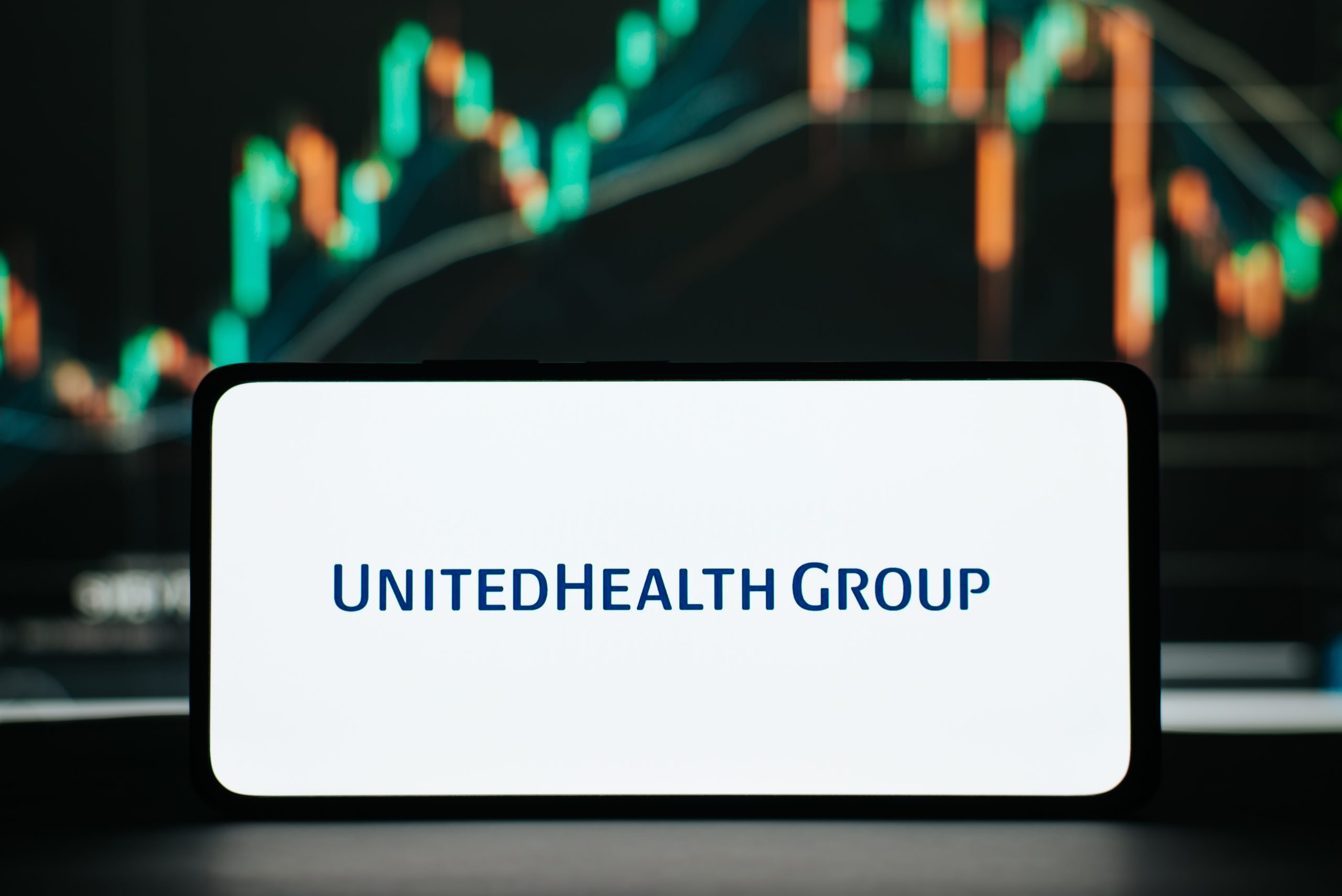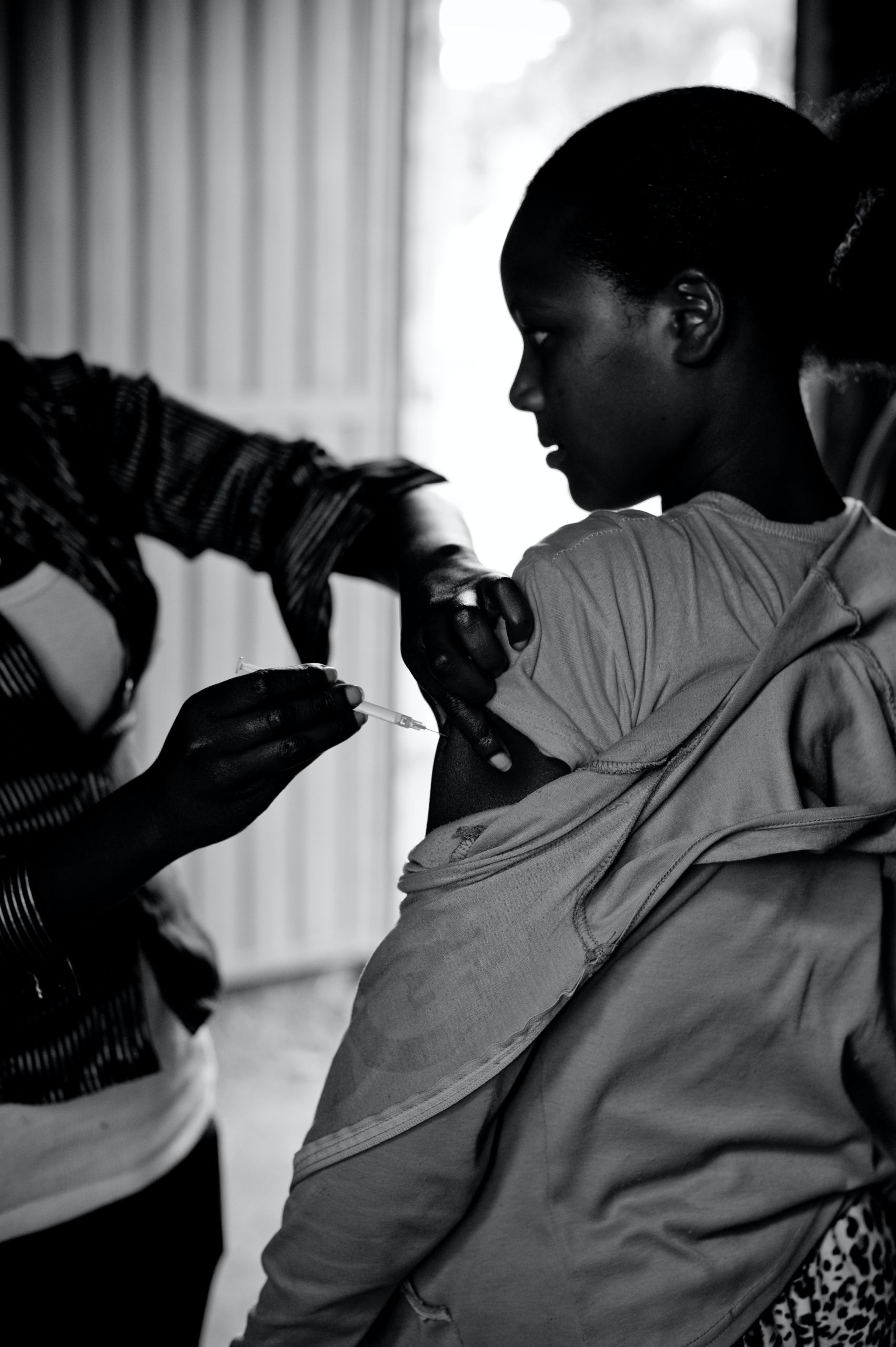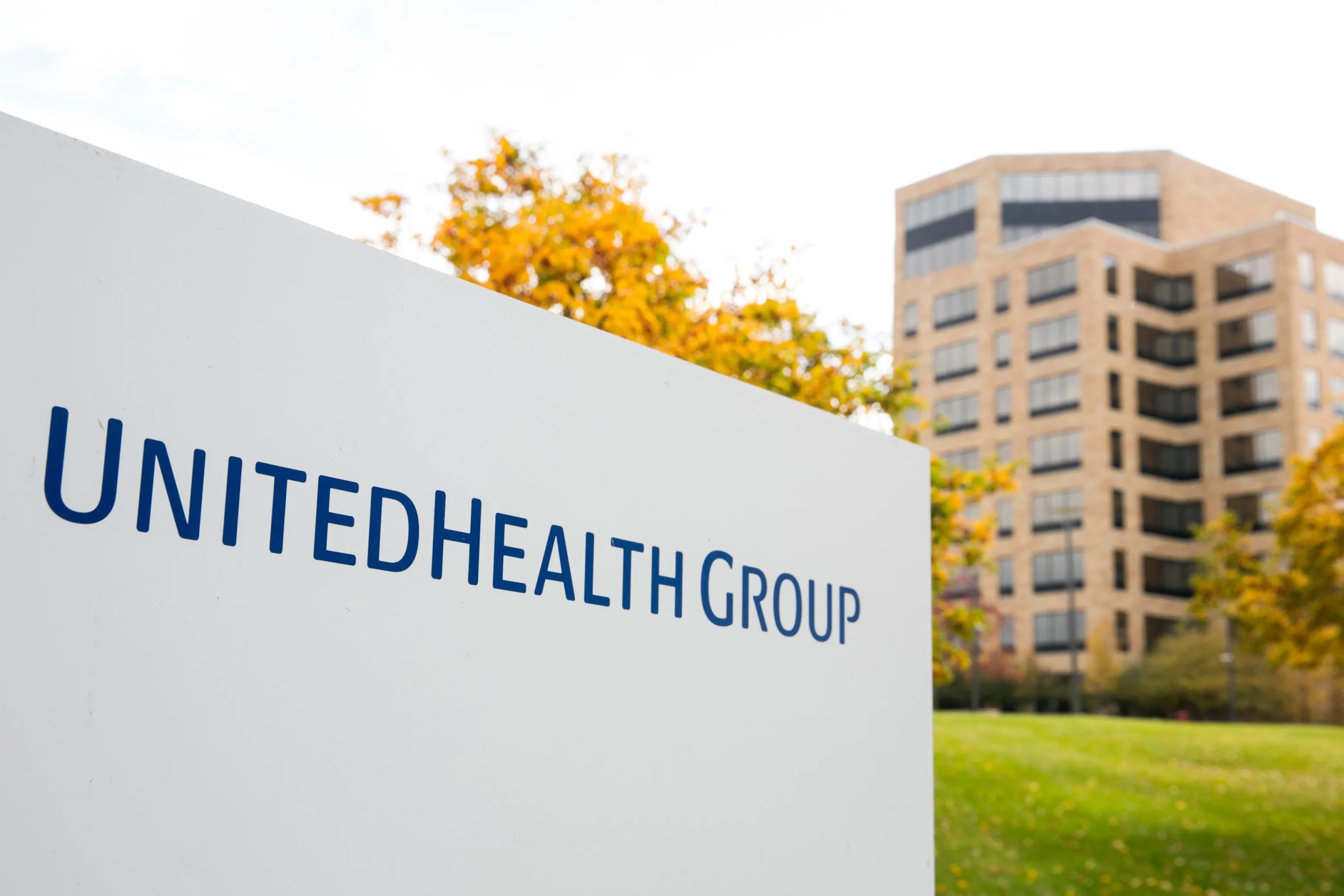String of shareholder proposals for 2022 proxies seek to move pharma companies to address long-standing access issues
On World AIDS Day, investors caution the pharma industry’s business model contributes to de-facto apartheid as race and income become focal points in the global struggle to gain access to life-saving medicines.
NEW YORK, NY, WEDNESDAY, DECEMBER 1ST, 2021 – Members of the Interfaith Center on Corporate Responsibility (ICCR) and Investors for Opioid and Pharmaceutical Accountability (IOPA) who are shareholders in leading pharmaceutical manufacturers, today announced a group of proposals they are submitting for 2022 proxies that collectively seek to highlight how the sector is failing to prioritize equitable access to its products, particularly COVID-19 vaccines, and therapeutics.
As news of the new Omicron variant sent shudders through markets and precipitated border closings around the world, the investors warned pharma companies to act swiftly and responsibly to undo the de-facto vaccine apartheid that they have helped to create. As an example, pharma companies have been actively resisting the imposition of the TRIPS waiver, a temporary waiver of intellectual property (IP) protections for COVID-19 vaccines to facilitate their manufacture by generics companies, which would facilitate global access.
Seven pharma companies will receive proposals, most of them receiving multiple proposals, with requests ranging from reports on how public funding for the development of COVID medicines is being considered in the companies’ access strategies to how their lobbying activities align with their public statements regarding access. In all, there are 16 proposals, and while the requests are different, they are united by the common goal of helping shareholders understand how pharma companies are addressing or failing to address access and affordability gaps. There are five distinct proposals:
1. Anti-competitive Practices (AbbVie; Amgen; Eli Lilly; Gilead; Pfizer): Requests a report on how pharma companies oversee risks related to anti-competitive practices, including whether the full board or board committee has oversight responsibility, whether and how consideration of such risks is incorporated into board deliberations regarding strategy, and the board’s role in Pfizer’s public policy activities related to such risks.
Said Lydia Kuykendaal of Mercy Investment Services which led the filing at Gilead, “In creating ‘patent thickets’, allegedly infringing on patent rights, and participating in other delay tactics to hinder access to life-saving drugs, Gilead has taken clear steps to put profits over patients. Moreover, as investors, we cannot be expected to adequately operate in a market that is manipulated by illegal anticompetitive behavior.”
2. Lobbying Alignment with Access Strategies (Amgen; Eli Lilly; Gilead and J&J): Requests a report on whether the company’s lobbying activities (direct and through trade associations) align with the company’s own positions on health equity and access. The Board of Directors should report on how it addresses the risks presented by any misaligned lobbying and the company’s plans, if any, to mitigate these risks.
Said Kevin Thomas of SHARE, which led the filing at J&J, “There’s a serious disconnect between the pharma industry’s lofty statements about access to medicines and their lobbyists’ opposition to any efforts to make it a reality. If the company’s lobbyists and its trade associations are off in Washington systematically undermining the company’s own stated commitments to health equity and access, then it’s time for the board to step in and set it right.”
3. Public Investment/Access (J&J; Moderna; Pfizer): Requests a report on whether and how receipt by Pfizer or its business partners of public financial support for development and manufacture of vaccines or therapeutics for COVID-19 is being or will be considered when making decisions that affect access to such products, such as setting prices.
Said Cathy Rowan of Trinity Health which led the filing at Pfizer, “Unequal vaccine access continues to fuel the pandemic. Clearly, governments must address the moral obligation for vaccine equity, but pharmaceutical companies also have a critical responsibility. Pfizer does not disclose whether or how it considers the role played by public funding in expediting the development of the COVID-19 vaccine and in reducing the risk associated with scaling up manufacturing in making decisions that affect vaccine access.”
4. Racial Equity Audit (J&J; Pfizer): Requests that the board of directors oversees a third-party racial equity audit analyzing the company’s impacts on nonwhite stakeholders and communities of color. Input from civil rights organizations, experts on race and healthcare outcomes, and employees should be considered in determining the specific matters to be analyzed.
Said Gerry Hudon, Secretary Treasurer at the Service Employees International Union (SEIU), “Pfizer’s own disclosures have referenced improving access in ‘underserved communities’ and ‘historically disregarded populations’. We also know the distribution of its COVID-19 vaccine has been inequitable in ‘underserved communities’. Our requests are about fairness and transparency.”
5. Transfer of tech and I.P. (Moderna; Pfizer): Requests a report analyzing the feasibility of promptly transferring intellectual property and technical knowledge (“know-how”) to facilitate the production of COVID-19 vaccine doses by additional qualified manufacturers located in low- and middle-income countries, as defined by the World Bank.
Said Abby Maxman President and CEO of Oxfam America which led the filing at Moderna and Pfizer, “At this moment of unprecedented peril for public health and the global economy, we must seek all options to bring the vaccine to everyone, everywhere as quickly as possible. This must include the transfer of technology to leverage the world’s full manufacturing capacity, particularly in low- and middle-income countries. Continuing to prioritize short-term profits over people’s lives is not only immoral, it is also a grave risk to all companies, investors, and our economy.”
The investors say today’s access to medicine gaps are a repeat of mistakes pharma companies made during the HIV/AIDS pandemic when they failed to prioritize access to AIDS medicines in low- and middle-income countries which disproportionately suffered the ravages of the disease.
ICCR also announced the release of its Pharmaceutical Equity Expectations which provide a roadmap for companies committed to equity, justice, and safeguarding the human right to health.
Said Meg Jones-Monteiro, ICCR’s Program Director for Health Equity, “In light of the lack of movement that companies have made in response to the COVID-19 pandemic and quite frankly what they clearly did not learn from the HIV/AIDS pandemic, we felt we needed to reassert the responsibility of a company to support equitable access through its business model, and not as a philanthropic commitment or simply through statements but rather real, meaningful change.”
About the Interfaith Center on Corporate Responsibility (ICCR)
Celebrating its 50th year, ICCR is the pioneer coalition of shareholder advocates who view the management of their investments as a catalyst for social change. Its 300-member organizations comprise faith communities, socially responsible asset managers, unions, pensions, NGOs, and other socially responsible investors with combined assets of over $4 trillion. ICCR members engage hundreds of corporations annually to foster greater corporate accountability. Visit our website www.iccr.org and follow us on Twitter, LinkedIn , and Facebook.
###










